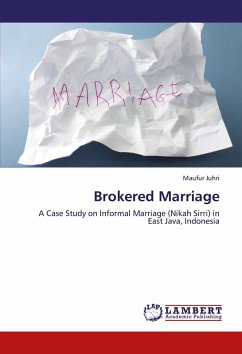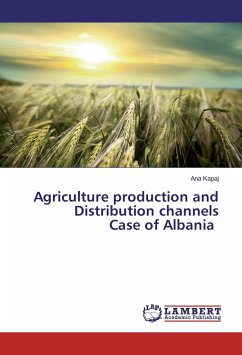The practice of informal marriage (nikah sirri) continues to attract greater attention from Indonesian scholars and government officials. Lacking formal legality and inexorably imbricated with trafficking in women, yet also justified in Islamic jurisprudence, brokered marriage fuels a lively debate in Indonesian civil society over issues of marriage and trafficking. This groundbreaking book examines one unique marriage practice among Muslims in East Java that is mediated by a network of marriage brokers, including religious leaders. The author analyzes the ways in which the practice of brokered informal marriage is maintained and elucidates the reasons underlying it. His approach offers gender activists, researchers and policy makers a new lens for understanding nikah sirri, employing not only a perspective of legal anthropology, but further seeking to locate the intersections of economic interest and religious and cultural capital.
Hinweis: Dieser Artikel kann nur an eine deutsche Lieferadresse ausgeliefert werden.
Hinweis: Dieser Artikel kann nur an eine deutsche Lieferadresse ausgeliefert werden.








